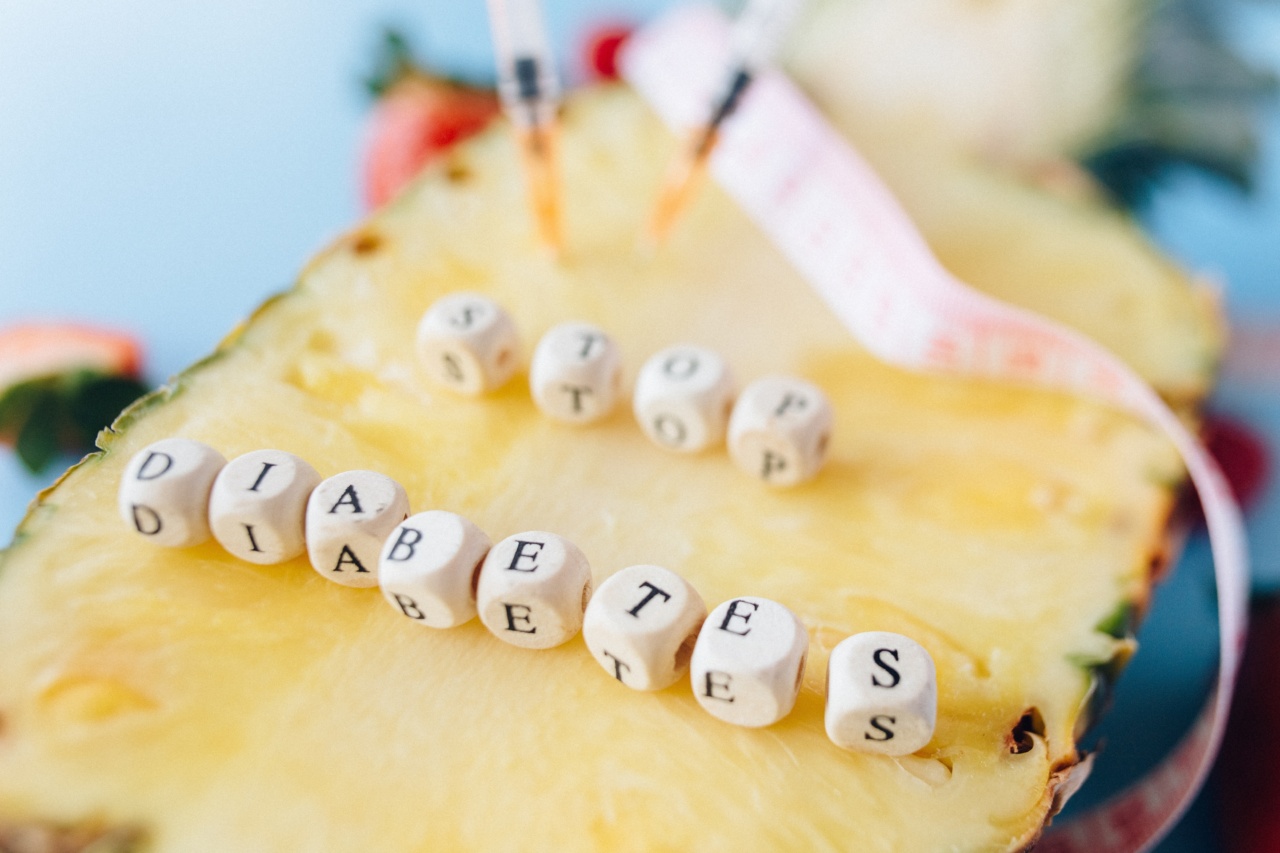High blood pressure, also called hypertension, is a serious condition that affects millions of people across the globe.
It occurs when the force of blood against the walls of your arteries is too high, leading to health problems such as heart disease, stroke, and kidney failure. Though several factors can cause hypertension, poor nutrition is one of the leading causes of high blood pressure. However, the good news is that blood pressure control through nutrition is not only possible but also very effective.
In this article, we will be discussing some of the best ways to control high blood pressure through nutrition.
What is Blood Pressure?
Blood pressure is the force of blood against the walls of your arteries as the heart pumps it around your body. It is measured in millimeters of mercury (mm Hg), and there are two readings for blood pressure- systolic and diastolic blood pressure.
- Systolic blood pressure- the pressure in your arteries when your heart beats.
- Diastolic blood pressure- the pressure in your arteries when your heart is resting between beats.
The ideal blood pressure reading is 120/80 mm Hg, though other factors such as age and underlying medical conditions, can impact healthy ranges.
Effects of High Blood Pressure
High blood pressure is also known as the “silent killer” because it often has no symptoms, yet it can lead to severe health complications. Here are some of the effects associated with high blood pressure.
- Heart disease
- Stroke
- Kidney failure
- Blindness
Blood Pressure Control Through Nutrition
1. Reduce Sodium Intake
A diet high in sodium can increase blood pressure levels. Sodium causes the body to retain water, which increases blood pressure. Therefore, it is important to limit your sodium intake to 1500-2300 mg per day.
2. Increase Potassium Intake
Potassium helps the body get rid of sodium and limits the amount of sodium that the body absorbs. Increasing potassium intake can help lower blood pressure levels. Foods that are high in potassium include bananas, sweet potatoes, spinach, and avocados.
3. Increase Calcium Intake
Calcium is essential for a healthy heart and also helps to regulate blood pressure levels. Foods that are high in calcium include dairy products such as milk, cheese, and yogurt, as well as leafy green vegetables.
4. Healthy Fats
Healthy fats such as omega-3 fatty acids can help reduce blood pressure levels. These are found in oily fish such as salmon, mackerel, and sardines, as well as nuts and seeds such as flaxseeds and walnuts.
5. Limit Alcohol Consumption
Drinking too much alcohol can increase blood pressure levels. Therefore, it is important to limit alcohol intake to one drink per day for women and two drinks per day for men.
6. Mediterranean Diet
The Mediterranean diet is a healthy eating plan that emphasizes whole foods such as fruits, vegetables, whole grains, nuts, and seeds.
This diet is also rich in healthy fats and low in sodium, making it an excellent option for those looking to control blood pressure through nutrition.
7. DASH Diet
The DASH diet is an eating plan designed to reduce high blood pressure. It emphasizes whole foods such as fruits, vegetables, whole grains, low-fat dairy products, lean proteins, and healthy fats.
It is also low in sodium, making it an excellent choice for those looking to control blood pressure through nutrition.
8. Magnesium
Magnesium is an essential mineral that helps regulate blood pressure levels. Foods that are high in magnesium include whole grains, leafy green vegetables, nuts, and seeds.
Supplements are also available for those who cannot meet their daily magnesium requirements through diet alone.
9. Fiber
Fiber helps reduce blood pressure levels by promoting healthy digestion. Foods that are high in fiber include whole grains, vegetables, fruits, nuts, and seeds.
10. Avoid Trans Fats
Trans fats are unhealthy fats that can raise blood pressure levels. Therefore, it is important to avoid foods that contain trans fats such as processed foods, fried foods, and baked goods.
Conclusion
High blood pressure is a serious condition that can lead to severe health complications. However, blood pressure control through nutrition is not only possible but also very effective.
By incorporating healthy eating habits such as increasing potassium and calcium intake, following the Mediterranean Diet or DASH diet, and avoiding trans fats, you can lower your blood pressure levels and improve your overall health and well-being.





























